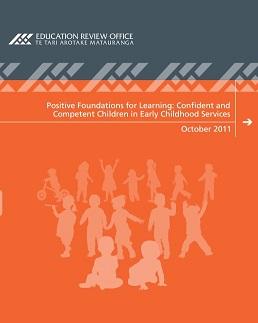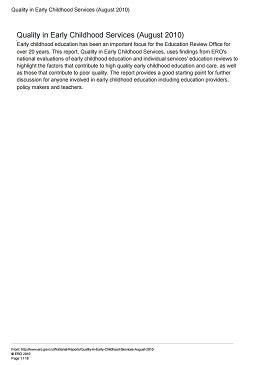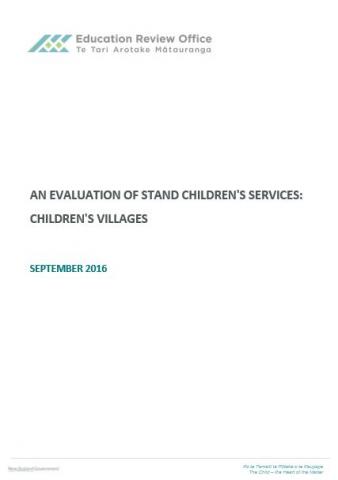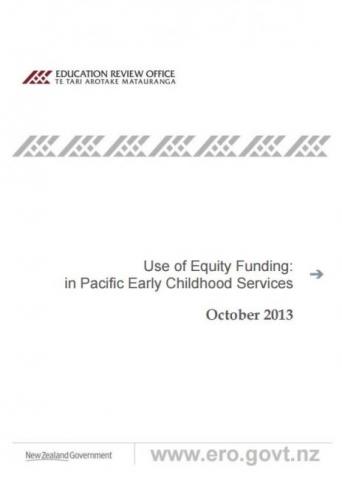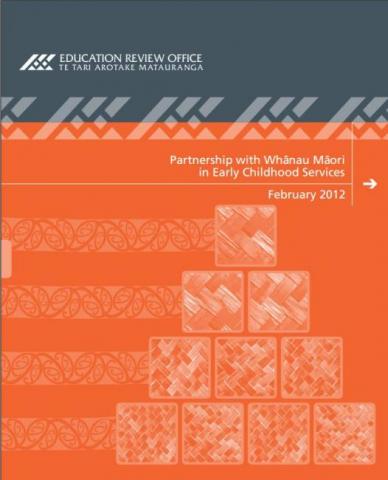Te Tāmata Huaroa: Te Reo Māori in English-medium Schooling
Published: 18 Jun 2020
This report gives a snapshot of the current provision of te reo Māori teaching and learning in a representative sample of English-medium primary and secondary schools. The education sector is seen as an important lever in the Government’s Maihi Karauna strategy for language revitalisation.
- Audience:
- Academics
- Education
- Māori-medium
- Parents
- Schools
- Content type:
- Research
- Topics:
- Te reo Māori
- English-medium
- Language
- Māori
- Bilingual
- Ngā Whanaketanga Rumaki Māori
- Te Pou Mataaho | Evaluation and Research Māori

